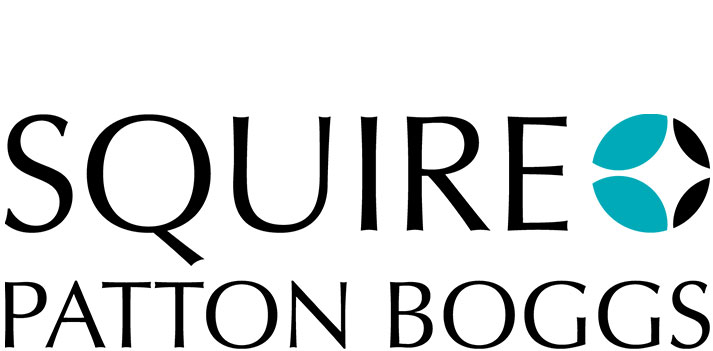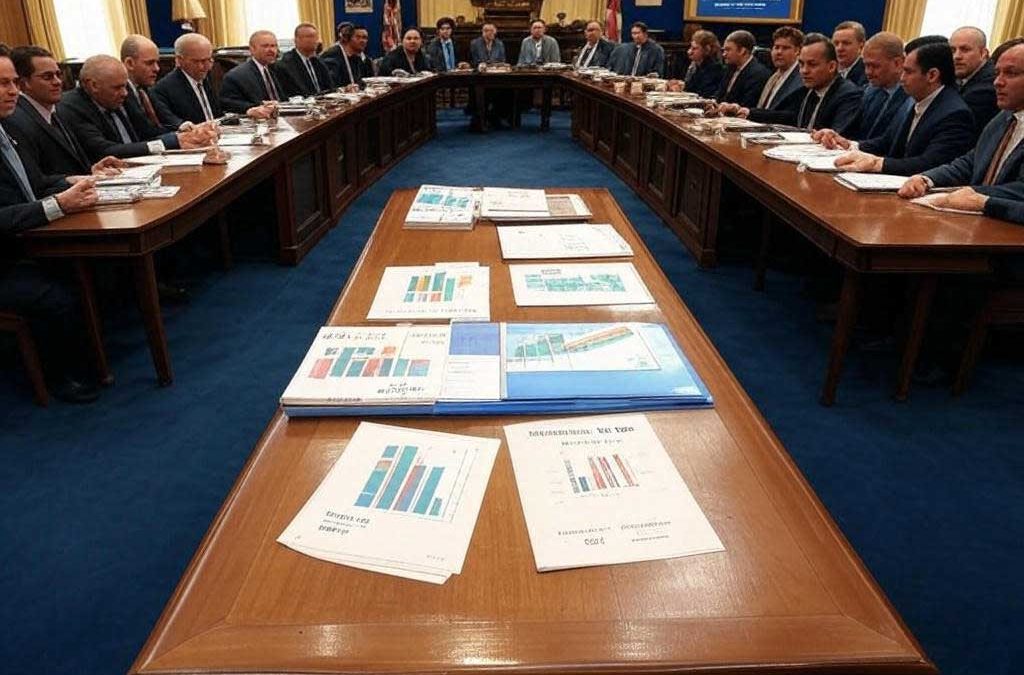Policy Is Moving. Add Your Voice Now.
Tax Update: House Ways and Means Committee Notices Tuesday Markup, Releases Preliminary Legislative Text
On May 9, the House Ways and Means Committee noticed a markup of its portion of the House reconciliation bill to be held on Tuesday, May 13, at 2 pm ET.
The announcement included a 28-page preliminary tax title containing a small portion of House Republicans’ tax proposals. We note that the preliminary title is not comprehensive, and additional provisions will be included in subsequent drafts released prior to Tuesday’s markup. Provisions relating to the Inflation Reduction Act, the state and local tax (SALT) deduction cap, and other highly negotiated provisions are not included in the draft released Friday.
Notable tax provisions include:
- Permanent Extension of TCJA Rates: Section 1100001 makes permanent the individual income tax rates enacted by the 2017 Tax Cuts and Jobs Act (TCJA). Notably, the extension does not include a new bracket for individuals making more than $2.5 million per year, as recently proposed by President Trump.
- Permanent Extension of the Standard Deduction: Section 1100002 makes permanent TCJA’s temporary increase to the standard deduction and temporarily increases the standard deduction by $1,000 for individuals, $1,500 for heads of households, and $2,000 for married couples through 2028. The proposed legislation also permanently repeals the deduction for personal exemptions and miscellaneous itemized deductions which were temporarily limited by TCJA.
- Extension of the Increased Child Tax Credit and Temporary Enhancement: Section 1100004 temporarily increases the maximum Child Tax Credit (CTC) to $2,500 per each qualifying child through 2028. Section 1100004 also makes permanent several aspects of the CTC, including the maximum amount of the refundable portion of the CTC and the income phaseout threshold amounts. Section 1100004 also requires the taxpayer claiming the CTC, the taxpayer’s spouse (if a married couple), and the qualifying child to have a Social Security Number (SSN) to be eligible to claim the credit.
- Extension of the Section 199A Pass-Through Deduction and Permanent Enhancement: Section 1100005 makes permanent the Section 199A qualified business income deduction and increases the deduction to 22 percent of qualified business income, among several other changes.
- Extension of the Estate and Gift Tax Exemption Amounts and Permanent Enhancement: Section 1100006 permanently increases the estate and gift tax exemption level to $15 million, beginning after December 31, 2025. Section 1100006 indexes the increase to inflation.
- Extension of the Increased Alternative Minimum Tax Exemption: Section 1100007 makes permanent TCJA’s increase in the alternative minimum tax (AMT) exemption and phase-out thresholds for individuals.
- International Provisions: Section 111001 increases the deduction for foreign-derived intangible income (FDII) to 37.5 percent and the deduction for global intangible low-taxed income (GILTI) to 50 percent beginning after 2025. Section 111002 includes an extension of the base erosion minimum tax amount by repealing certain special rules for taxable years beginning after 2025.
Notable non-tax provisions include:
- De Minimis: The proposal revises Section 321 of the Tariff Act of 1930 (19 USC 1321), authorizing de minimis exceptions to US duty and tax collection. Based on our preliminary review, the proposal appears to align with a 2024 House Republican proposal that would severely curtail the use of de minimis for the importation of Chinese goods valued under $800. However, President Trump has separately taken executive actions blocking the ability to claim de minimis on shipments from China, as part of his tariff and trade actions related to opioid flows from China to the United States.

About Squire Patton Boggs
We combine sound legal counsel with a deep knowledge of our clients’ businesses to resolve their legal challenges. We care about the quality of our services, the success of our clients and the relationships that are forged through those successes.
We hope you've enjoyed this article. While you're here, we have a small favor to ask...
As we prepare for what promises to be a pivotal year for America, we're asking you to consider becoming a member.
The need for fact-based reporting of issues important to family owned businesses and protecting a lifetime of savings has never been greater. Now more than ever, successful families and family owned businesses are under fire. That's why Family Enterprise USA is passionately working to increase the awareness of issues important to family owned businesses built on hard work, while continuing to strengthen our presence on Capitol Hill. The issues we fight for or against with Congress in Washington DC include high income tax rates, possible elimination of valuation discounts, increase in capital gains tax, enactment of a wealth tax, and the continued burden of the gift tax, estate tax and generation skipping tax.
Family Enterprise USA promotes generationally owned family business creation, growth, viability, and sustainability by advocating for family businesses and their lifetime of savings with Congress in Washington DC. Since 2007, Family Enterprise USA has represented and celebrated all sizes, professions and industries of family-owned enterprises and multi-generational employers. It is a bi-partisan 501.c3 organization. Family foundations can donate.
#incometax #CapitalGainsTax #R&DExpensing #DontPunishSuccess #GrantorTrusts #StepUpinBasis #likeKindExchanges #AcceleratedDepreciation #EstateTax #Deathtax #wealthtax #taxLegislation #CongressionalCaucus #incometaxrates #repealestatetax #AdvocatingForFamilyBusinesses #FamilyOwnedBusiness #WomenOwnedBusiness @FamilyEnterpriseUSA #FamilyEnterpriseUSA #FEUSA

